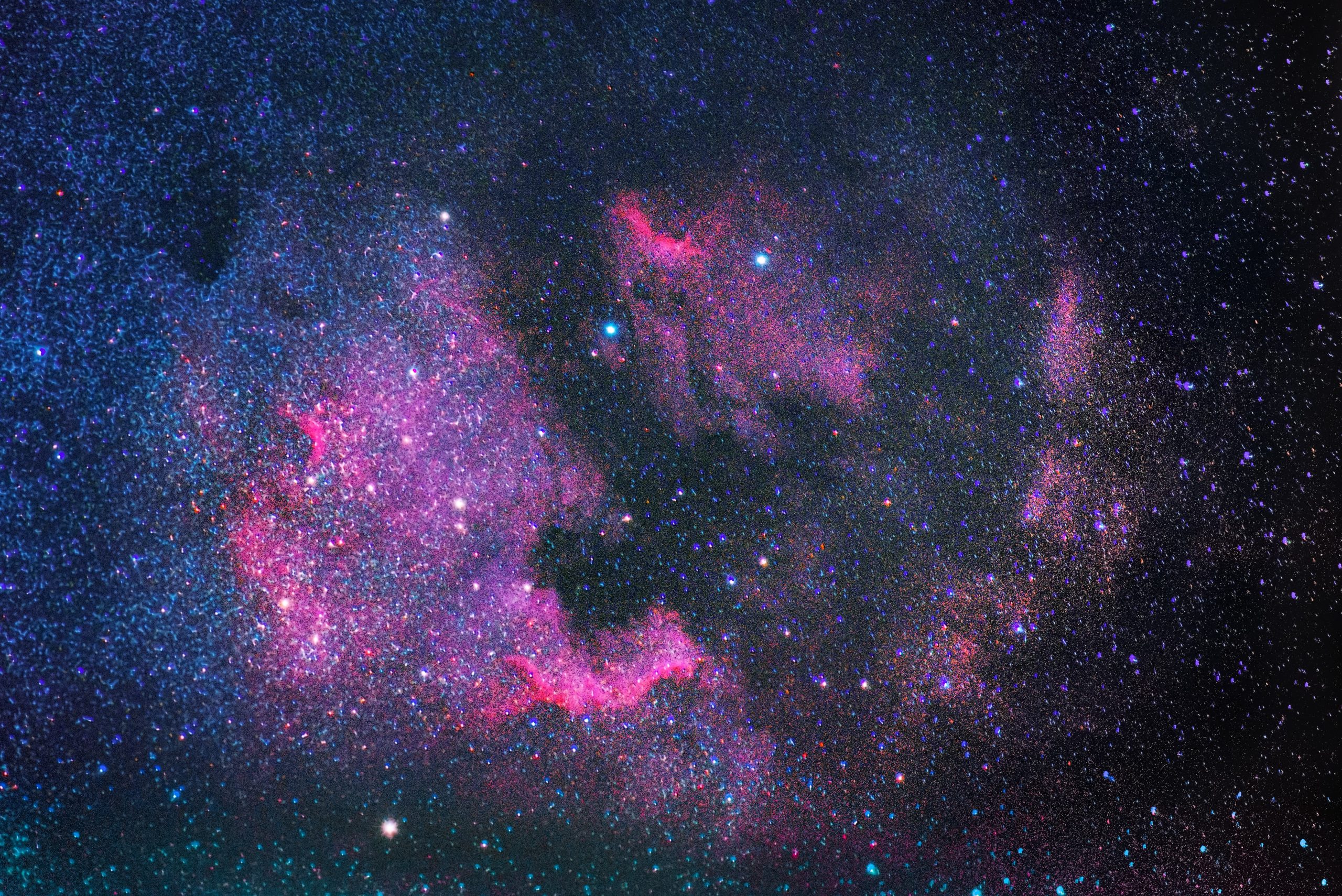Why Are There 78 Cards in a Tarot Deck?
The tarot deck has become a widely recognized tool for divination, self-reflection, and spiritual exploration. Consisting of 78 cards, the tarot deck is a complex system that holds deep symbolism and profound meaning. This article will delve into the fascinating history and structure of the tarot deck, exploring the reasons behind its specific number of cards.
The Origins of the Tarot Deck
The origins of the tarot deck are shrouded in mystery and debate. While some attribute its creation to the ancient Egyptians or the gypsies, the earliest documented evidence of tarot cards can be traced back to 14th century Europe. Tarot initially emerged as a playing card game in countries like Italy and France before evolving into a tool for divination.
The Major Arcana: A Journey of the Soul
The tarot deck consists of two main sections: the Major Arcana and the Minor Arcana. The Major Arcana, also known as the trump cards, is the heart and soul of the tarot deck. It comprises 22 cards numbered from 0 to 21, each representing a different archetype or stage of the Fool’s Journey.
The Fool’s Journey is a metaphorical exploration of the human experience, starting from innocence and naivety (the Fool card) and progressing through various life lessons and challenges until reaching spiritual enlightenment (the World card). The Major Arcana reflects the deep psychological and spiritual transformations that individuals may undergo during their lifetime.
| Card Number | Card Name | Archetype |
|---|---|---|
| 0 | The Fool | Innocence, spontaneity |
| 1 | The Magician | Manifestation, power |
| … | … | … |
| 21 | The World | Completion, wholeness |
By incorporating the Major Arcana into the tarot deck, its creators aimed to provide a comprehensive framework for spiritual growth and self-reflection. Each card serves as a powerful symbol that connects individuals to universal human experiences and archetypal energies.
The Minor Arcana: Aspects of Daily Life
In addition to the Major Arcana, the tarot deck consists of the Minor Arcana, which is further divided into four suits: Wands, Cups, Swords, and Pentacles. Each suit represents a different aspect of daily life and corresponds to one of the four classical elements: fire, water, air, and earth, respectively.
Each suit contains 14 cards: ten numbered cards (Ace to 10) and four court cards (Page, Knight, Queen, and King). While the Major Arcana focuses on broader spiritual themes, the Minor Arcana provides insight into more mundane aspects of existence, such as relationships, material concerns, and intellectual pursuits.
| Suit | Element | Keywords |
|---|---|---|
| Wands | Fire | Passion, creativity |
| Cups | Water | Emotions, relationships |
| Swords | Air | Intellect, conflict |
| Pentacles | Earth | Material abundance, stability |
By encompassing the Major and Minor Arcana, the tarot deck provides a holistic view of human experiences. While the Major Arcana unveils the larger themes and spiritual lessons, the Minor Arcana navigates the intricacies of daily life.
The Numerology of the Tarot Deck
The number 78, the total number of cards in a tarot deck, holds significance in multiple esoteric traditions. Numerology, which assigns symbolic meanings to numbers, sheds light on the choice of this specific number.
When adding up the digits of 78 (7 + 8), we arrive at the number 15. In numerology, 15 is further reduced to 6 (1 + 5). The number 6 represents harmony, balance, and equilibrium, reflecting the inherent structure and purpose of the tarot deck.
Furthermore, when considering the numerology of individual cards, each number carries its own symbolic attributes. For instance, the number 7 often represents inner reflection, spiritual growth, and intuition, which are central themes within the tarot deck.
The Cosmic Completeness of the Tarot Deck
While the number 78 has its roots in numerology and esoteric symbolism, it is important to recognize that the tarot deck’s impact extends beyond numbers and theories. The interplay between its 78 cards, coupled with the reader’s intuition and interpretation, creates a dynamic system for exploration and guidance.
The tarot deck’s unique structure allows for an almost infinite array of possibilities and insights. The synchronicities and patterns that emerge during a reading hold personal significance for the querent, unveiling the interconnectedness of the universe and providing guidance on their journey.
In conclusion, the choice of 78 cards in a tarot deck deeply reflects the rich symbolism, numerological significance, and spiritual exploration embedded within this ancient divinatory tool. The Major Arcana presents a transformative journey of the soul, while the Minor Arcana offers insights into daily life. Together, these 78 cards provide a comprehensive, profound, and endlessly captivating system for self-reflection, divination, and spiritual growth.
Table of Contents
